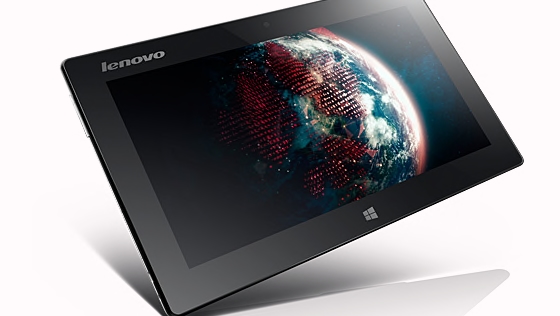Lenovo's Massive Settlement for the Superfish Scandal Moves Forward
Lenovo has finalized an $8.3 million settlement to a class-action lawsuit regarding the use of software from Superfish, an ad company whose programs endangered sensitive data, in its laptops.
A quick refresher on the Superfish scandal: researchers discovered in 2015 that, contrary to Lenovo's claims, the company's adware tools compromised secure connections between consumers and the websites they visited. The idea was to inject ads on those sites--which probably wouldn't have been a popular choice anyway--but hackers could use those mechanisms to steal private information.
Superfish's programs were also said to affect the performance of the systems on which they were installed. That was a triple-whammy for Lenovo customers. Their laptops were injecting ads into the sites they visited, exposing their activity to hackers, and performing worse than they should have because of that setup. Needless to say that wasn't a particularly good look for Lenovo.
The company settled with various state groups and the Federal Trade Commission after the Superfish scandal blew up. Then came the class-action lawsuits, and after making its way through the U.S. District Court for Northern California, this settlement is finally ready to compensate affected consumers for the problems. Maybe that will finally bring an end to this four-year-long saga.
Top Class Actions reported that people who purchased the following models of Lenovo laptops between September 2014 and February 2015 are eligible for compensation via this settlement:
- G Series: G410, G510, G710, G40-70, G50-70, G40-30, G50-30, G50-45
- U Series: U430P, U430 Touch, U530 Touch
- Y Series: Y40-70, Y50-70
- Z Series: Z50-75, Z40-70, Z50-70
- Flex Series: Flex 2 14D, Flex 2 15D, Flex 2 14, Flex 2 15, Flex 2 15(BTM), Flex 10
- MIIX Series: MIIX 2-10, MIIX 2-11
- YOGA Series: YOGA 2 Pro-13, YOGA 2-13, YOGA 2-11BTM, YOGA 2-11HSW
The settlement is expected to pay out between $40 and $750. People who submit a claim form without providing an itemized "proof of loss" will receive the $40. Those who provide those itemizations can get up to $750 to recover the costs of credit monitoring, technical assistance, and other services that may have been prompted by the revelation of the flaws in Superfish's tools.
Get Tom's Hardware's best news and in-depth reviews, straight to your inbox.

Nathaniel Mott is a freelance news and features writer for Tom's Hardware US, covering breaking news, security, and the silliest aspects of the tech industry.
